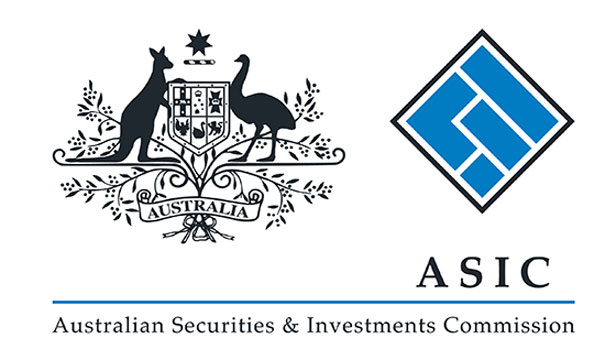ASIC says it has permanently banned a former Perth-based finance broker from engaging in credit activities.
ASIC found that the broker engaged in misleading conduct by providing false income supporting documents to Westpac Banking Corporation Limited in support of home loan applications for three of his clients in 2015. Only one of the three loan applications was approved.
At the time, the broker was operating his own finance broking business through his own credit licence under the trading name Active Approvals. His credit licence was cancelled in April 2016 at his request.
ASIC Deputy Chairman Peter Kell said the banning reinforces the strong message to any broker considering engaging in misleading conduct.
‘ASIC will not hesitate to permanently remove those who engage in misleading conduct from the industry,’ Mr Kell said.
The broker has the right to appeal to the Administrative Appeals Tribunal for a review of ASIC’s decision.
Background
Since becoming the national regulator of consumer credit on 1 July 2010, ASIC has investigated in excess of 100 matters relating to loan fraud and has achieved many enforcement outcomes against the offenders.
The outcomes range from undertakings by persons to voluntarily leave the industry, to bans and prosecutions. To date, ASIC has banned, suspended or placed conditions of the licence of 77 individuals or companies from providing credit services (including 33 permanent bans).
Through the Office of the Commonwealth Director of Public Prosecutions, ASIC has also brought criminal prosecutions against 14 credit service providers; with 12 having been convicted of fraud or dishonesty offences relating to the provision of false and misleading information/documents to lenders in client loan applications.





